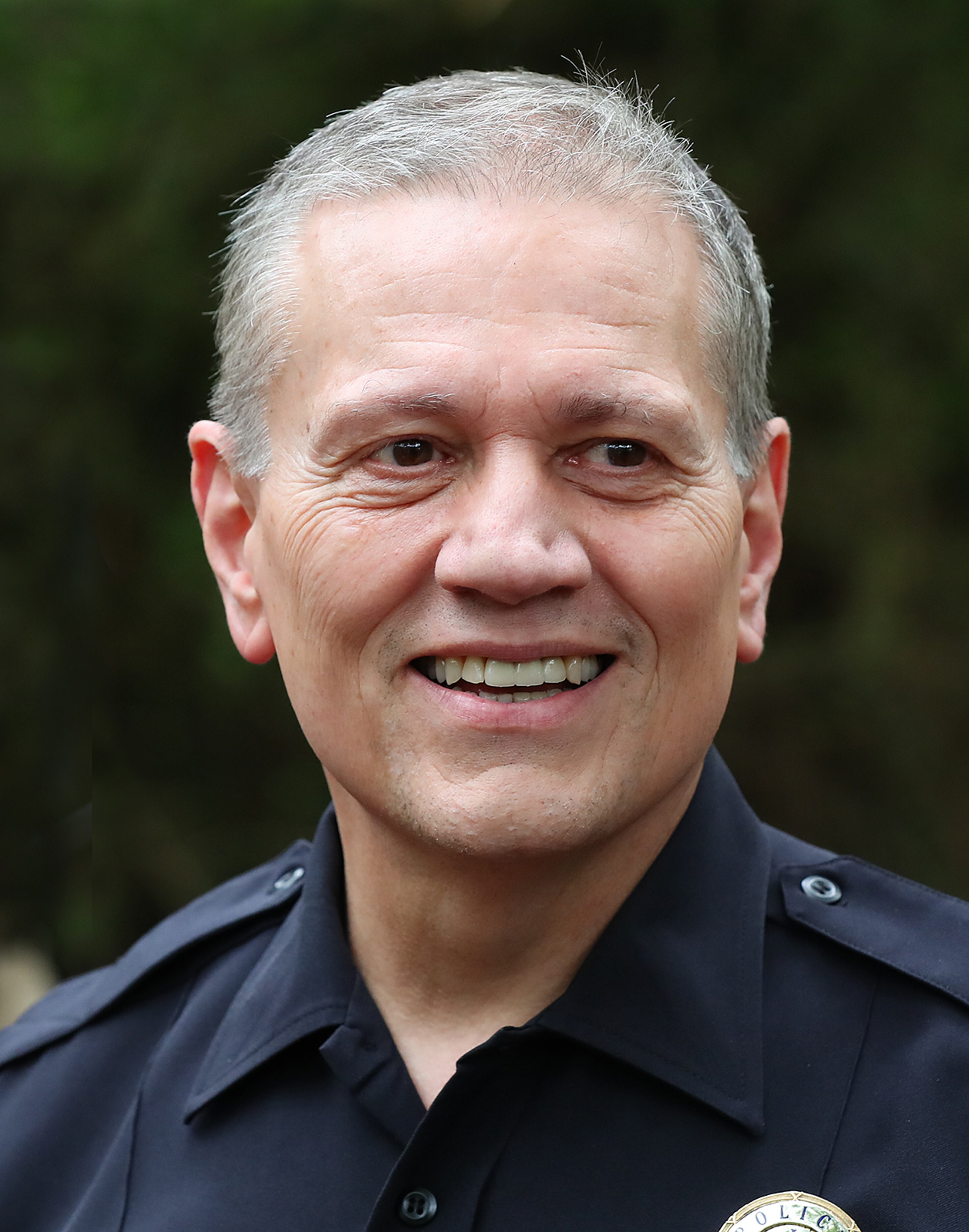Opinion: Training is key to excellence in policing in Georgia

In order to prepare a dog for our police K-9 unit we arrange for 1,200 hours of training. Paradoxically, a Georgia police officer receives 408 hours of training to become certified and granted full arrest powers with the authority to use force, including deadly force in order to overcome resistance.
At police academies across America, the average basic training for a police recruit ranges from Hawaii’s 1,000 hours down to – you guessed it – Georgia, which only exceeds the bottom rung, Mississippi, by eight hours. We are the basement. In some Georgia jurisdictions, after just 408 hours of instruction an individual is sworn in as a police officer and can buckle on a gun belt and go arrest someone.
As concerning as that is, Georgia is not alone in giving short shrift to the training of men and women who keep the peace, protect the people and uphold the law. Most police training in the United States is too short, uses ineffective teaching methods and emphasizes the wrong things, according to a recent assessment by the Council on Criminal Justice Task Force on Policing.
As a member of that task force, I share its view that police recruits – and veterans – should spend more time working on communication skills, learning de-escalation tactics and handling the kinds of scenarios that officers are most likely to encounter.

They also should spend more time in training overall. The number of hours for police certification in the U.S. pales in comparison to minimum requirements for some other careers. For example, all 50 states require licensing and an average of one year of training and apprenticeship for barbers and cosmetologists, pest control applicators and water well drillers. Plumbers, too, face a higher bar, and must complete an apprenticeship that can take up to five years before becoming fully licensed.
Internationally, American police training requirements lag behind those in comparable democracies. In Germany, basic training for recruits lasts up to 30 months, while officers in other countries may attend universities for three to five years, with some earning master’s degrees at the end.
The content of American training is another problem. In our country, training typically focuses on a stress-based approach with significant classroom instruction, and tends to focus on firearms proficiency and other physical skills rather than the communication and critical thinking tools officers need on the job every day. A 2015 survey of 280 American police agencies found that, on average, their academies spent 80 hours on weapons training and 8 hours on violence de-escalation. Weapons training is certainly important – but is it 10 times more important than learning to defuse a situation before force becomes necessary?
Of course, hours alone do not define the effectiveness of police training. You also need accountability systems and active supervision. Ideally, I’d like to see police agencies adopt the training protocols of medical school or law school, with classroom instruction, training on the job and internships.
Beyond the recruit officer level, we need annual in-service and refresher training. At the LaGrange Police Department, we provide continuing instruction in everything from problem-solving and use of force to procedural justice and how to assist people with mental health challenges. Our specialized units receive additional monthly training, and then there’s roll-call training during the 30-minute shift briefing every day, during which supervisors use significant incidents as teaching moments.
As for those K-9 units, agencies invest a lot in the training of a police dog – and once they finish that initial 1,200 hours, they’re put through monthly and daily refresher courses. Surely Georgia can do at least that well for the women and men who swear to serve and protect us.
One consideration is the creation of national standards to ensure that that all officers receive a strong foundation in the skills and concepts necessary to provide just and effective policing. The federal government could use funding to incentivize states and localities to support those standards.
Without such standards, gaps in training will persist in police agencies across the country. And the sometimes painful outcomes caused by those gaps will continue as well.
Louis M. Dekmar is chief of the LaGrange Police Department, former president of the International Association of Chiefs of Police and a member of the Council on Criminal Justice Task Force on Policing.


